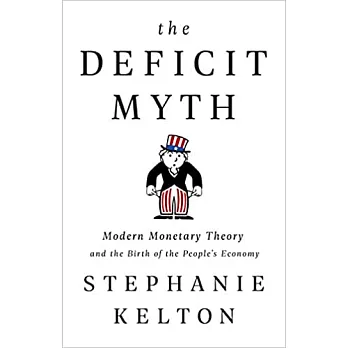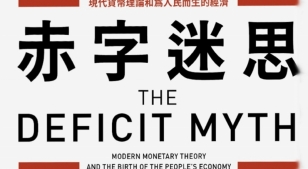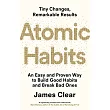任何有企圖心的提案,無論是想重振基礎建設、建立全民健保制度,或阻止氣候變遷危機,都引發另一個核心問題:我們有足夠的資金實現它們嗎?
現代貨幣理論領導學者史蒂芬妮·克爾頓(Stephanie Kelton)大膽指出,關於財政赤字,尤其是對於財政虧損可能威脅到長期發展的憂慮,我們一直以來的想法可能都是錯誤的。與其問我們該怎麼支付所需費用,克爾頓帶我們思考:哪些財政赤字才是我們真正該注意的?如何在產生通膨的風險,與帶來更繁榮、安全社會的好處之間,取得平衡?
作者透過貨幣理論的前瞻性見解,拓展我們對當前政治、經濟制度的想像,解析如何更妥善運用我們所擁有的資源,將社會的潛力極大化。(文/博客來編譯)
'The best book on rethinking economics that anyone will find right now' Richard Murphy, Political Economist and author of The Joy of Tax
The leading thinker and most visible public advocate of modern monetary theory - the freshest and most important idea about economics in decades - delivers a radically different, bold, new understanding for how to build a just and prosperous society.
Any ambitious proposal - ranging from fixing crumbling infrastructure to Medicare for all or preventing the coming climate apocalypse - inevitably sparks questions: how can we afford it? How can we pay for it? Stephanie Kelton points out how misguided those questions really are by using the bold ideas of modern monetary theory (MMT), a fundamentally different approach to using our resources to maximize our potential as a society.
We've been thinking about government spending in the wrong ways, Kelton argues, on both sides of the political aisle. Everything that both liberal/progressives and conservatives believe about deficits and the role of money and government spending in the economy is wrong, especially the fear that deficits will endanger long-term prosperity.
Through illuminating insights about government debt, deficits, inflation, taxes, the financial system, and financial constraints on the federal budget, Kelton dramatically changes our understanding of how to best deal with important issues ranging from poverty and inequality to creating jobs and building infrastructure. Rather than asking the self-defeating question of how to pay for the crucial improvements our society needs, Kelton guides us to ask: which deficits actually matter? What is the best way to balance the risk of inflation against the benefits of a society that is more broadly prosperous, safer, cleaner, and secure?
With its important new ways of understanding money, taxes, and the critical role of deficit spending, MMT busts myths that prevent us from taking action because we can't get beyond the question of how to pay for it.



 天天爆殺
天天爆殺  今日66折
今日66折 


























 博客來
博客來 博客來
博客來 博客來
博客來 博客來
博客來 博客來
博客來